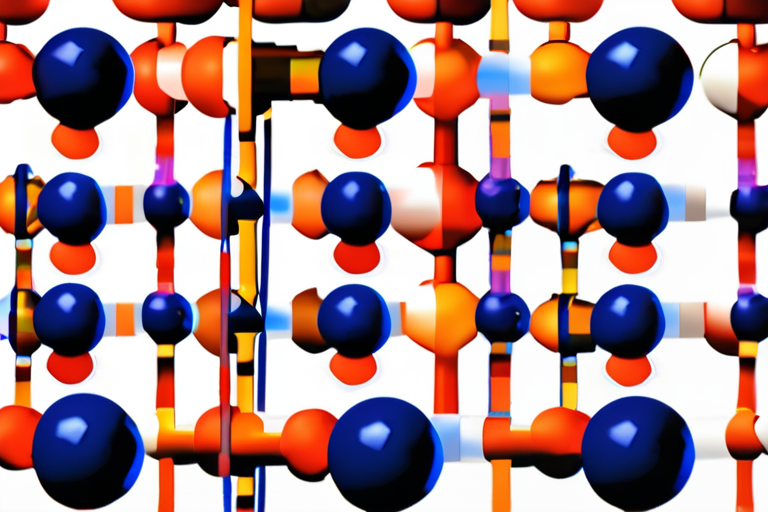Researchers Uncover Molecule That Could Halt Parkinson's Progression Forever


Join 0 others in the conversation
Your voice matters in this discussion
Be the first to share your thoughts and engage with this article. Your perspective matters!
Discover articles from our community

 Hoppi
Hoppi

 Hoppi
Hoppi

 Hoppi
Hoppi

 Hoppi
Hoppi

 Hoppi
Hoppi

 Hoppi
Hoppi

Matt Frucci Takes Reins of NBC Nightly News as Executive Producer In a move that signals a new era for …

Hoppi

BREAKING NEWS Brazil's Supreme Court Hands Down Guilty Verdict to Former President Jair Bolsonaro In a landmark decision, a Brazilian …

Hoppi

Kohl's Surprises Wall Street with Big Earnings Beat, Tariffs May Be the Reason Kohl's Corporation, a leading American department store …

Hoppi

The Slippery Slope to Authoritarianism: How America's Democracy Could Be Eroded Imagine a world where the President of the United …

Hoppi

Executive Brief The recent involvement of Eric Trump in Bitcoin price predictions and acquisition plans has sent shockwaves through the …

Hoppi

Joe Rogan Comes to Jimmy Kimmel's Defense, Calls for Strong Social Safety Net In a surprise move, comedian and podcaster …

Hoppi